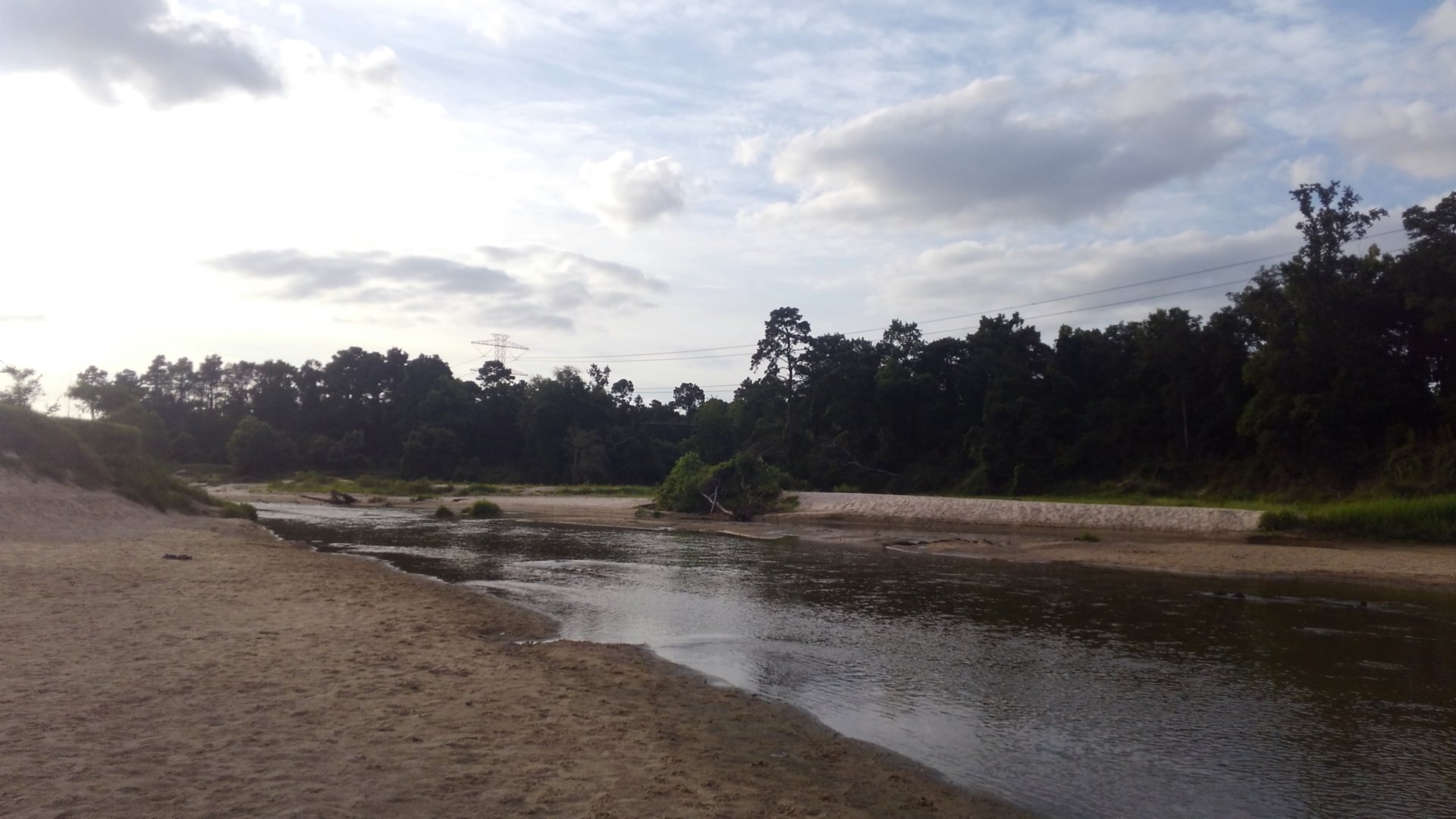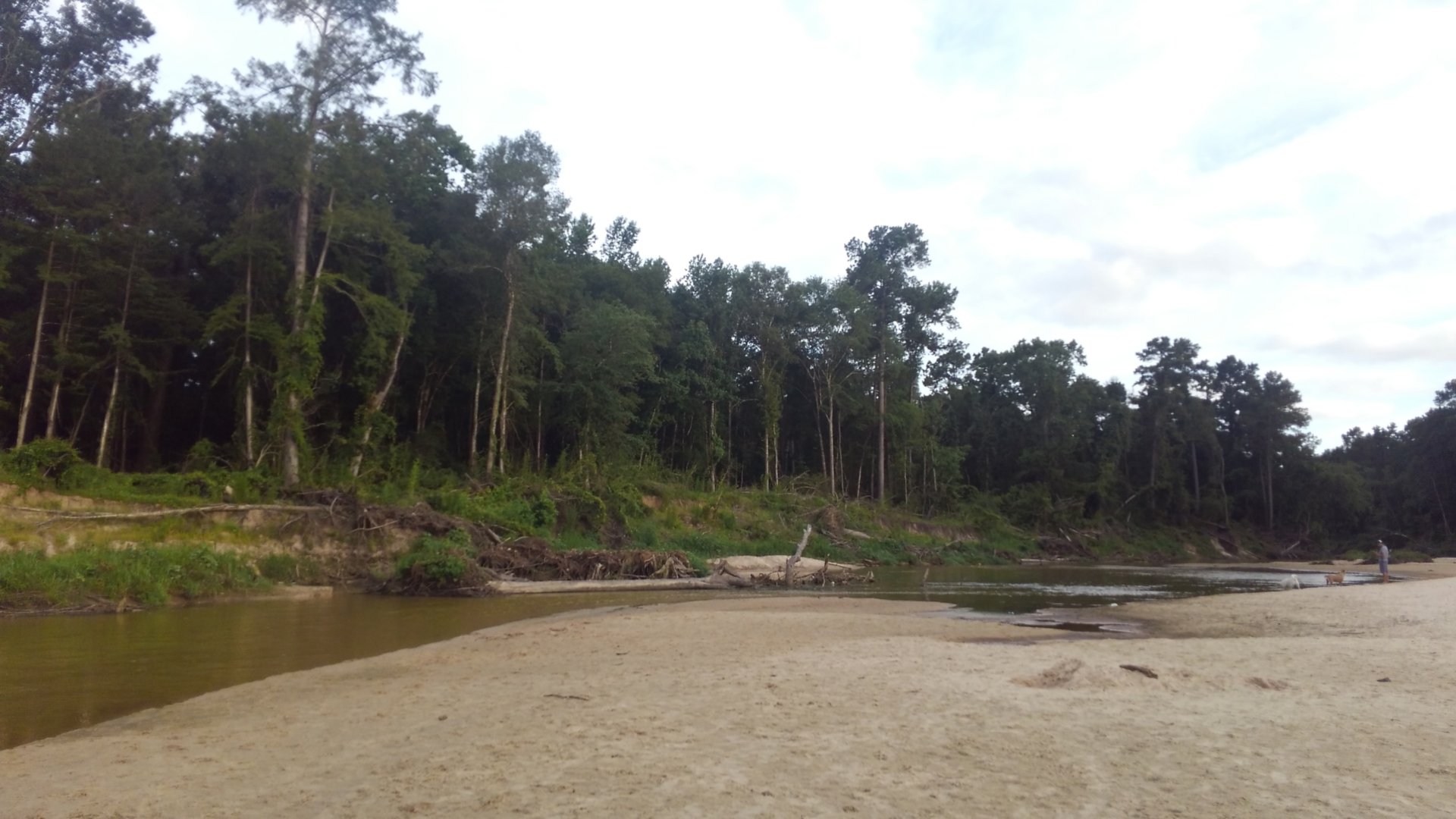 Last night I took a walk with a friend in Pundt Park. We experienced some of the trails, and then ended up over by the canoe launch. We decided to walk down to check it out. When we came down the sandy embankment and found ourselves face to face with Spring Creek, I was filled with this childlike desire to go play in the water. I told my friend, and she was feeling the same way.
Last night I took a walk with a friend in Pundt Park. We experienced some of the trails, and then ended up over by the canoe launch. We decided to walk down to check it out. When we came down the sandy embankment and found ourselves face to face with Spring Creek, I was filled with this childlike desire to go play in the water. I told my friend, and she was feeling the same way.
We took off our shoes. I rolled up the legs of my jeans and walked slowly in. Looking around the creek, standing there with my feet in the water, brought back so many memories of my youth. There was a time where the best friend of my youth and I spent hours exploring and swimming in Cypress Creek. We made up little stories about who we might have been in a previous existence, or what life would be like if this wildness is all we knew.
This night as we walked, the best friend of my adulthood asked me if I ever looked at the landscape and imagined what it would like to be experiencing it as a native american. I do that often, particularly on long hikes or long drives where my mind begins to wander.
These thoughts led me to reflect on why wildness resonates with us. Sometimes it is because the history of our species, some innate ongoing connection to the land through ancestral memory. Sometimes our connection is born through a personal memory that means a lot to us, like the one of my friend and I playing in the creek. Because of that, I am more interested in seeing these greenways between Cypress and Spring Creeks play out, because others might also build their own meaningful connections with this area.
Many times, for me, the wild areas remind me of Scout Camp, which was a place I felt happy. My sense of discovery and excitement over learning about nature was probably born in that place. When I am walking in a forest, I remember Scout Camp and this memory is connected to the bliss I feel in the present.
How will the children of this current generation learn to value the wilderness? I imagine my children’s reality is similar to most of their time, where video games have replaced going outside, and kids know more about Minecraft building than fort building. There is a book, Last Child in the Woods, that explores that theme more thoroughly. I do think outdoor education and experiences are important for children to build that connection, and I try to give that to my kids, but my older children sometimes make me feel like I am torturing them with it. Also, I am one person, one person who cares very deeply for the wilderness and actually spends quite a bit of time there. What about most families? Are they providing their children with meaningful outdoor experiences? Will children of this Generation Z or iGeneration have enough of those experiences to feel willing to protect it?
When I start going down these mental roads, I feel comforted by a couple of things. One, you do see families out at these places enjoying them, and with the investment of communities into places like these, there will be more access to those experiences. Two, despite my children whining about having to go hiking and camping, they have picked up on a skill set along the way. My teenager is almost at the point where I feel like he might be able to survive a weekend camping trip with a peer. Finally, outdoor camps and recreation areas are still getting booked up in the summer, so interest in these areas is not dying off.
This night, we witnessed a family at the creek bank getting maternity pictures taken of the mom. We saw a man playing with his dogs, who were swimming in the creek water. We observed a girl sitting alone on the bank, pensively reflecting on her own thoughts before disappearing around the bend. We saw many people playing with their dogs in the dog park and walking along the road or greenway. This park is full of people like us, creating memories on a warm summer night.
